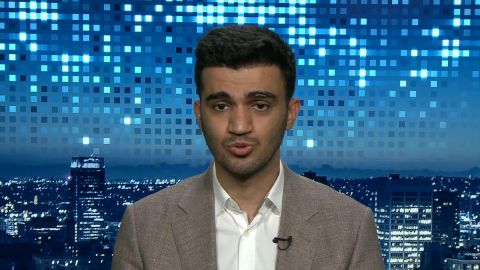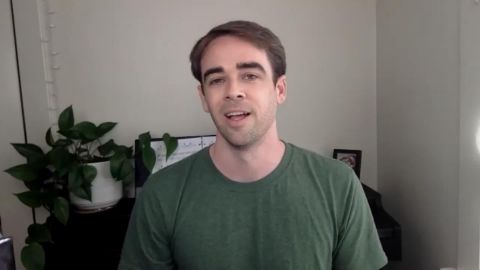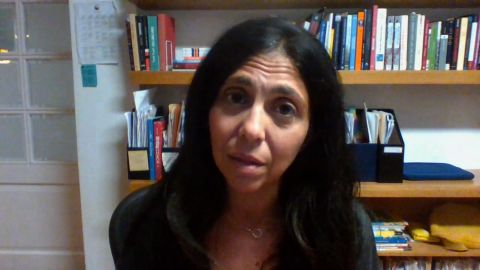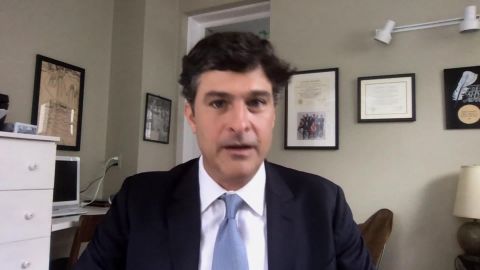Read Transcript EXPAND
CHRISTIANE AMANPOUR: Tell me briefly how it felt to you, where you were when this massive explosion took off.
MONA FAWAZ, PROFESSOR OF URBAN STUDIES AND PLANNING, AMERICAN UNIVERSITY OF BEIRUT: Yes. We — I was home, working from home because of the pandemic, and it felt like it was the civil war or another Israeli attack all over again. We weren’t sure what it was, maybe an earthquake. We ran. And then it was the sequence of events that we’re used to because we live in an area that’s subject to bombs, and very much the memory of the civil war, you know, calling everyone you know, trying to get through with the lines, making sure the kids are OK, and then figuring out what happened. It’s a, sadly, familiar sequence of moments.
AMANPOUR: It is really sad, because Beirut, Lebanon has been under so much pressure for so many decades. It’s taken in so many refugees from the Syrian war. It is on the brink of economic collapse. There’s all sorts of governmental mismanagement, protests in the streets over the last year or so. And now the people seem really angry, really fed up in a way that we haven’t seen in a long, long time. Is the government saying anything about what it plans to do in terms of investigations that the people could take any solace in?
FAWAZ: No, not at all. Actually, there’s been a few measures that are taken, things like what you just mentioned, people being arrested. But people are very, very angry, because it’s not just about a port employee who didn’t do his job. It’s not about a judge who didn’t move fast enough. It’s six years of this callous behavior. And the real question is not a port employee. The real question is who appointed the port employee, the judge, and the entire system and structure that has placed us where we are, that we can live for six years with this explosive material in our port, and nothing happens. This is who we want to be accountable. And it’s not just me. That’s everyone I talk to. That’s people on the street. That’s academics. That’s friends. That’s family. That’s articles in the newspapers across the political spectrum. There’s a recognition that the real problem is the political system that’s in place and the political class is responsible, and this is who we want to be accountable.
About This Episode EXPAND
Khalid Al-Jabri discusses a lawsuit his father, Dr. Saad Al-Jabri, has filed against Saudi Crown Prince Mohammad Bin Salman. New York Times investigative correspondent Mark Mazzetti provides further analysis. Beirut professor Mona Fawaz assesses the Lebanese government’s response to the Beirut explosion. Theranos whistleblower Tyler Shultz explains how the company put lives in danger.
LEARN MORE



